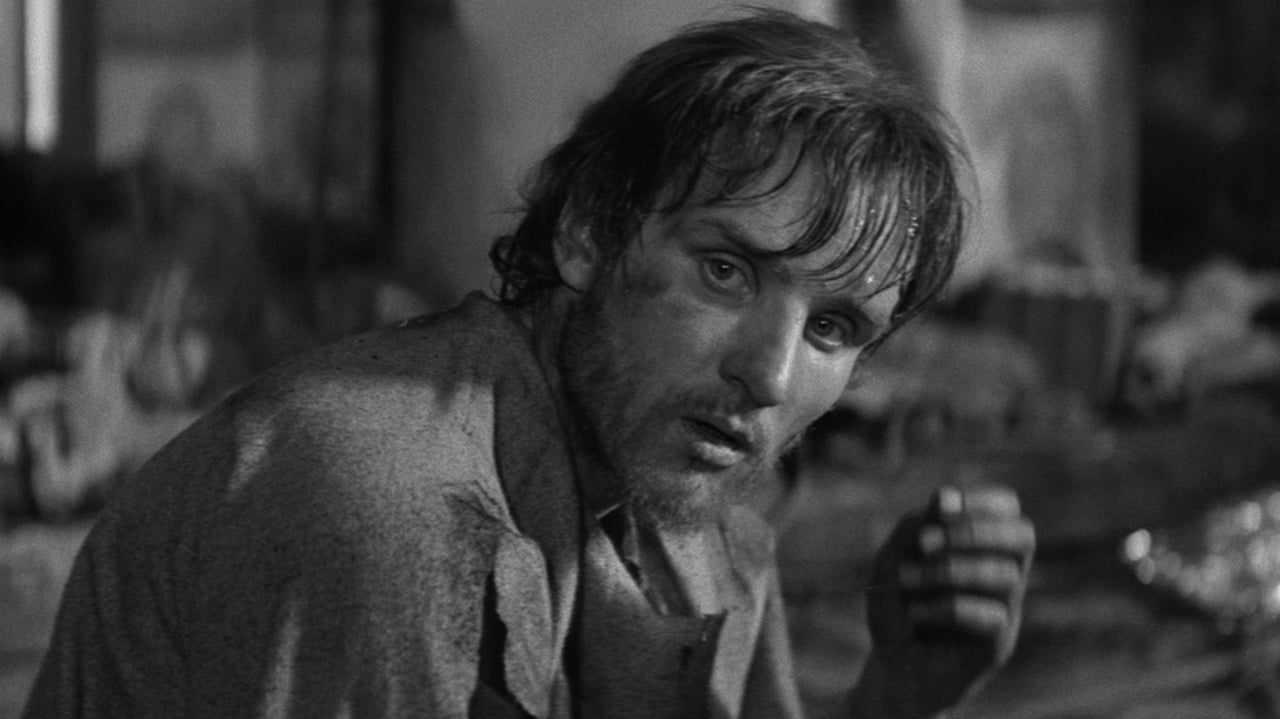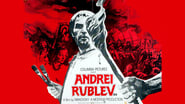Supergaxx
I recently had the pleasure of my first viewing of Andrei Tarkovskys 1966 masterpiece, "Andrei Ruvlev", which ultimately had quite an impression on me.It is the most visually moving film I've seen. Until Rublev, I didn't truly understand how stunning and engaging a film could be. The vignettes of Russian life are very thought-provoking, the cinematography the best I've seen, and the result is a film that moves me every time I watch it.There's this one bit where the pagans are all naked and you get to see, like, maybe 20 naked women, but they're sort of in the distance so you don't really get a proper look, but if you rewind and pause there's some frames that are pretty good and none of them are all that old or anything so it's pretty awesome. Then there's this bit where some guy is tied up and the leader of the women comes in and she strips off and you can totally see her boobs and theyre really nice and then she wants to make love to the man but he's not into it so she unties him and lets him go.Approach it with an open mind, and be prepared for a slowly unfolding story. Do this, and you'll be deeply rewarded and satisfied in a way that few films will ever match. There are no cliches here, no stereotypes and no sucking up to the audience. A brutally honest and yet very moving, touching and optimistic film. And it is not about the nature of a genius. Rather, it is about a man's ability and duty to preserve and be true to his humanity, his freedom, his soul, his heart and his gift, no matter what century it is or what the circumstances are. Watch it to remind yourself of what it really means to be human.10 Stars.
Chandan Rawal
I have been watching foreign movies for more than 2 years and using IMDb for over 3 years but i had never a chance or the temptation to write a review but this movie...Tarkvosky's ingenious Anderi Rublev made me to write a review about it. Anderi Rublev is a kind of cinema which will make you feel like a human,like an organism who has the ability to enjoy a thing called film. This movie has everything that you have not seen or did not have the chance of experiencing...this movie has some breath taking scenes and sentences. At last i'd say that if you ever have 3 hours free in your lifetime and have an inner most hidden wish to see some quality stuff then choose this movie. Thanks
Kirpianuscus
a historical film. at the first sigh. a film of faith. or one about changes and challenges and a man in the middle of storms, temptations , fears , looking the God and defining himself as part of a world so far by him. in fact, a film about art. art itself. simple, dramatic and powerful. delicate pledge for explore yourself. the best Tarkovski. like each of his films. I saw "Andrei Rublev" at different ages. the discovered essence was the same. the meanings of gestures, the sound of words, the need of Andrei to have the roots of the Truth are different paths to the same place. and this does so difficult to define it. and this impose a new and new watch. because the message has so many nuances. because it is a film for spiritual grow up. because the search of a Russian Medieval painter remains , after the final credits, yours search.
shusei
The film's final version, shown on Canne film festival and shown in many countries afterwards, is titled "Andrei Rublev". So-called "original version" today was titled "Passion according to Andrei"(Страсти по Андрею). I think that they are different films, and all shortcomings that many reviewers of "Andrei Rublev" pointed out are far more obvious in that "original version" (which was released on DVD,unfortunately, by "Criterion", famous level among cinema lovers).Tarkovsky himself, after his emigration to West, never complained as if Soviet authorities had spoiled his film by forcing him to re-edit it.Of course he knew that the long period of re-editing, which was really annoying for him at first, allowed him to clear up surplus shots and episodes(including those of lengthy animal abusing, of wrestling of Great Prince with his younger brother on snow) and to correct inadequate editing(especially that of "Bell").So I recommend everyone to watch "re-edited"version, which is really "Andrei Rublev", and not to see lengthy 3 hours and 26 minutes "original version" which is half-made product. But if you are interested in the practical technique of editing film, maybe comparing these two films is useful. My rating is for "Andrei Rublev", which was a favorite film of I. Bergman and is probably still so for many other filmmakers.


 AD
AD





